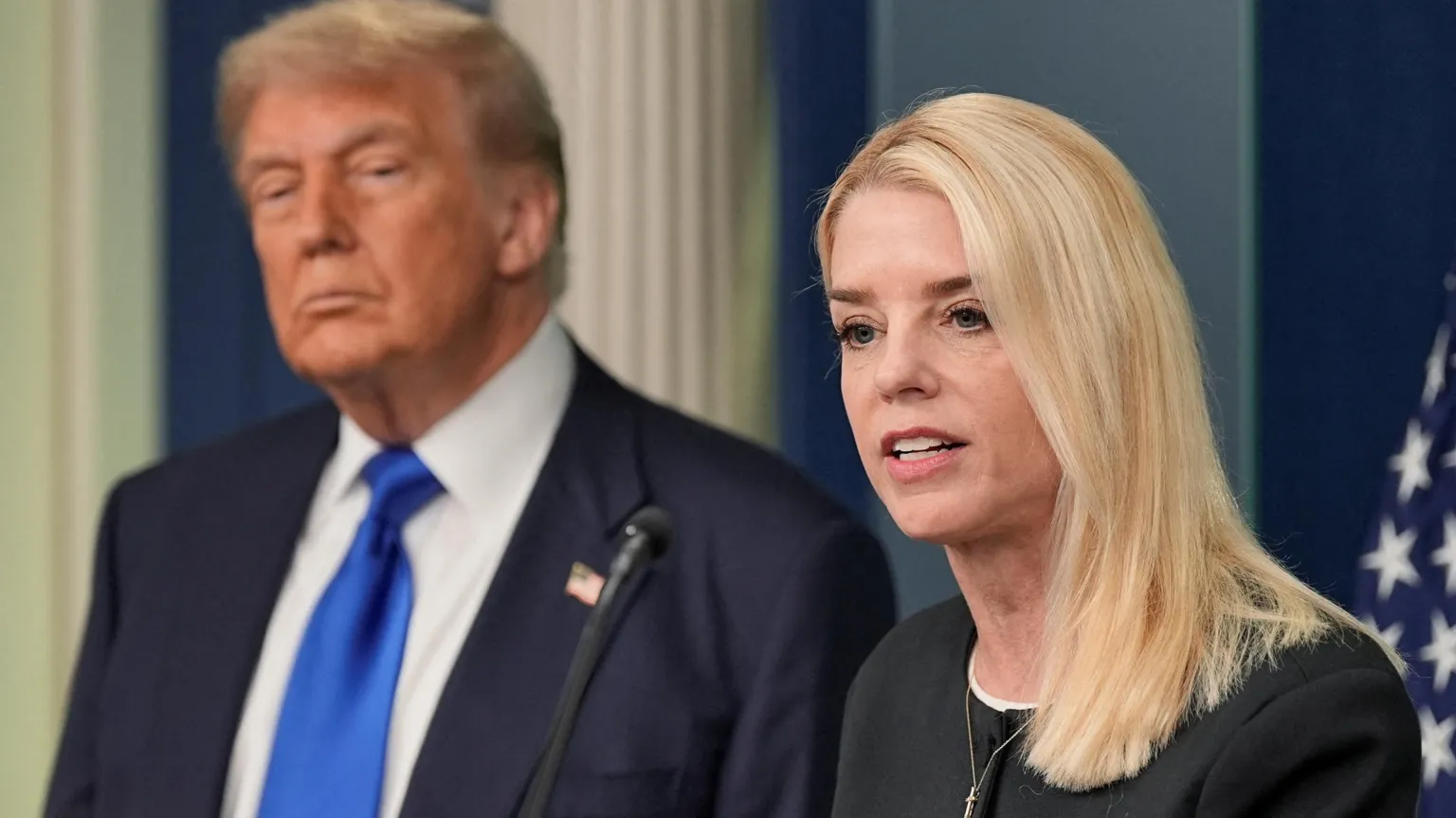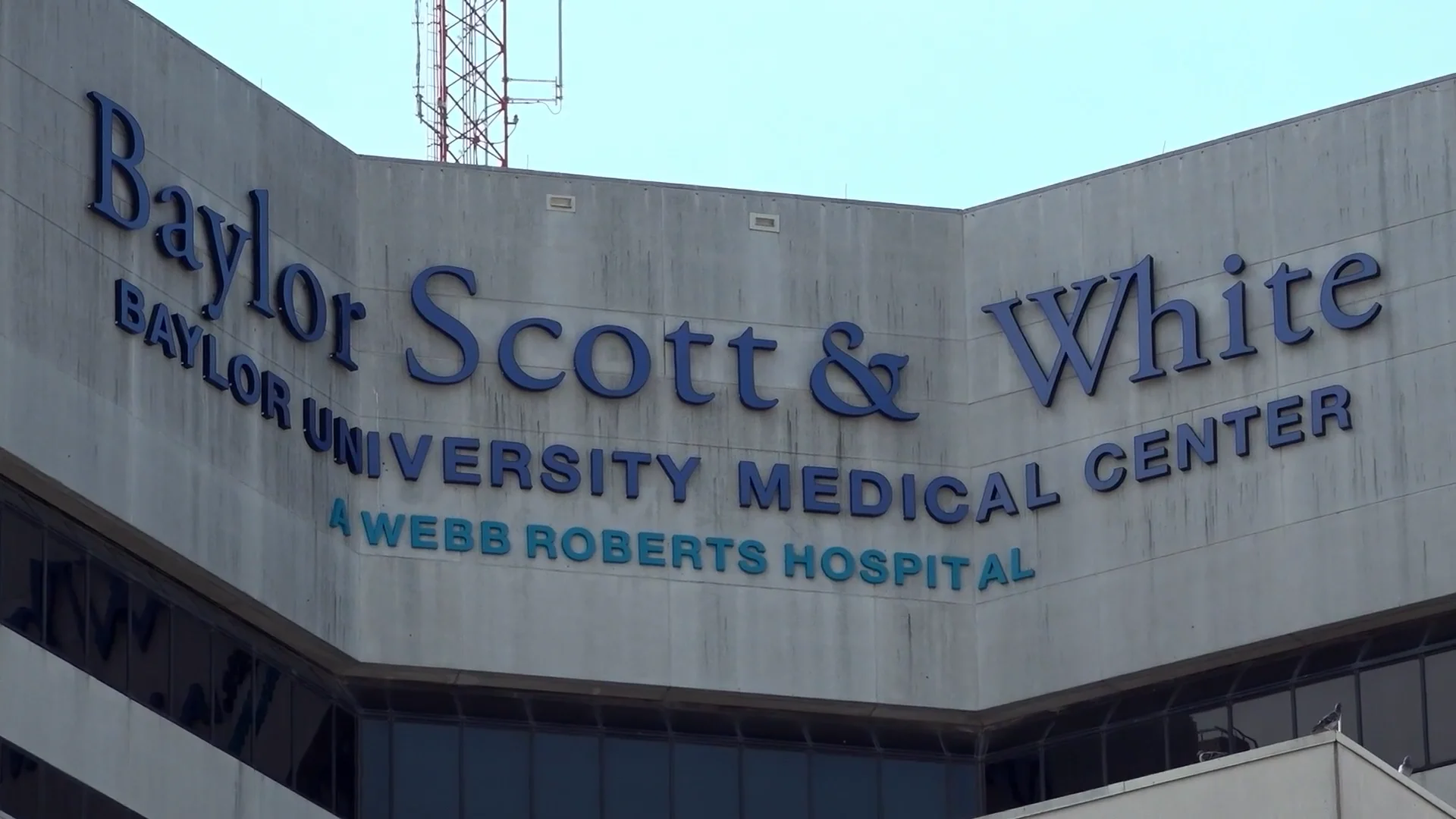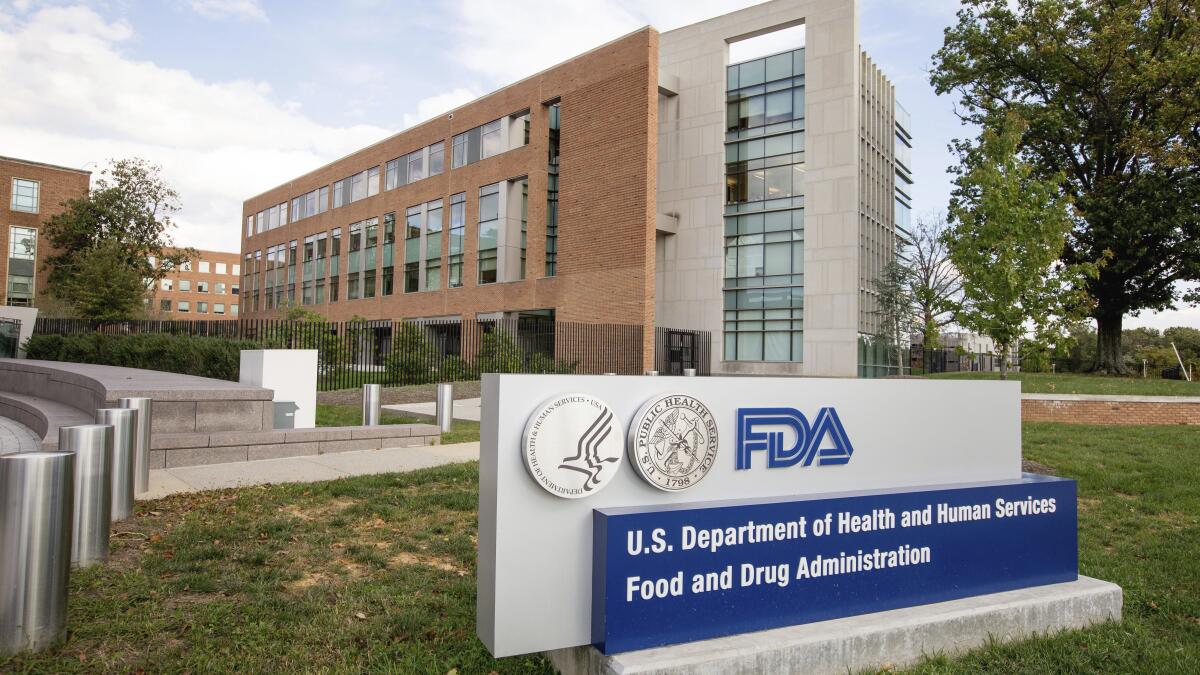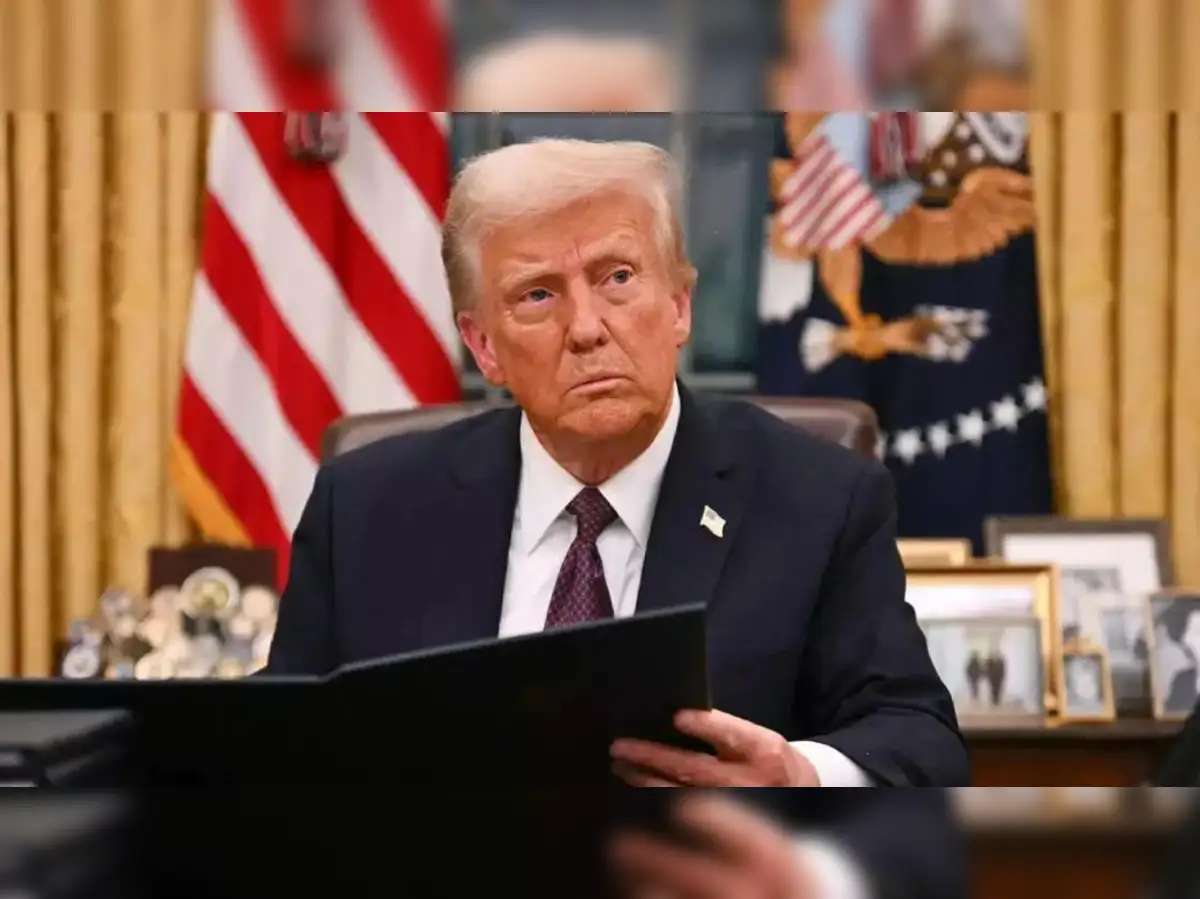
An Unexpected Turn in the Covid Vaccine Controversy
The legal journey surrounding the Covid-19 pandemic has been fraught with complexities, debates, and unprecedented challenges. Recently, significant development has emerged as the United States government has decided to drop charges against a doctor previously accused of destroying Covid vaccines. This decision marks a pivotal moment in the ongoing discourse over vaccine safety, distribution, and the legal boundaries of medical professionals during a global health crisis.
Background of the Case
Initial Allegations and Charges
The case initially garnered widespread attention when allegations surfaced against a healthcare provider who was accused of intentionally destroying Covid vaccines. The accusations stemmed from concerns that the doctor was attempting to undermine vaccination efforts or manipulate vaccine supplies for personal or political reasons. Such claims, if proven, could have had serious repercussions on public trust and vaccination campaigns.
The Controversial Nature of Destroying Vaccines
Destroying vaccines, especially during a pandemic, is a sensitive issue. Authorities argued that this act could jeopardize public health efforts, lead to vaccine shortages, and undermine efforts to combat Covid-19. On the other hand, critics questioned whether the charges were based on solid evidence or if they were driven by other motives, such as administrative errors or misunderstandings.
Why Did the Charges Get Dropped?
Legal and Evidentiary Challenges
The decision to drop charges often hinges on the strength of the evidence and the legal arguments presented. In this case, prosecutors reevaluated their case when further investigation and review of the evidence revealed discrepancies or insufficient proof that the doctor intentionally destroyed vaccines with malicious intent. This suggests that the legal case lacked the necessary basis to proceed to trial or conviction.
Statements from Authorities
Official statements indicated that the government was committed to ensuring accountability but also to ensuring that justice is served based on credible evidence. The authorities emphasized that dropping charges does not imply innocence, but rather reflects a commitment to fairness and judicial integrity when evidence is inadequate.
The Implications of This Legal Outcome
Impact on Public Trust and Medical Practice
This development has implications for public trust in the healthcare system and vaccination efforts. When legal cases surrounding Covid vaccines are dismissed or dropped, it may influence public perception, either reassuring the community or creating doubts about the integrity of enforcement actions. For medical professionals, this case underscores the importance of adhering strictly to legal and ethical standards, especially in politically charged or highly scrutinized situations.
Legal Precedents and Future Cases
The decision to drop charges might set a precedent for how similar cases are handled in the future. It highlights the necessity of robust evidence before pursuing criminal charges, especially in sensitive health-related matters. This may encourage a more cautious approach by prosecutors and health authorities when dealing with allegations of vaccine misconduct or destruction.
The Broader Context: Vaccine Security and Policy
The case also sheds light on the broader issues of vaccine security, distribution, and policy-making during a pandemic. Ensuring that vaccines are preserved, distributed, and used appropriately is crucial for effective public health response. Missteps and legal disputes can either hinder or advance these efforts, depending on how they are managed.
Challenges Faced During the Pandemic
- Supply chain disruptions leading to vaccine shortages
- Political and ideological conflicts influencing public perception and policy
- Legal disputes over vaccine mandates, exemptions, and production
- Ethical considerations regarding vaccine allocation and destruction
The Future of Covid Vaccine Legislation and Enforcement
As the pandemic continues to evolve, so too must the legal frameworks that support vaccine safety and compliance. The recent decision to drop charges reminds stakeholders of the importance of evidence-based enforcement and the need for transparent, fair legal processes. Moving forward, policies should aim to balance public health priorities with respect for medical professionals’ rights and due process.
Promoting Transparency and Accountability
Transparency in investigations and trials can help rebuild or bolster public confidence. Authorities should communicate clearly about the reasons behind legal decisions, including dropping charges, and ensure that all actions are rooted in credible scientific and legal assessments.
Conclusion
The decision by the US authorities to drop charges against the doctor accused of destroying Covid vaccines is a significant development. While the case highlights the complex intersection of health policy, legal standards, and public trust, it also underscores the importance of thorough evidence evaluation before pursuing criminal proceedings. As the world continues to grapple with Covid-19 and its aftermath, ensuring fairness, transparency, and scientific integrity remains paramount in all aspects of pandemic response.
For more updated news please keep visiting Prime News World.









